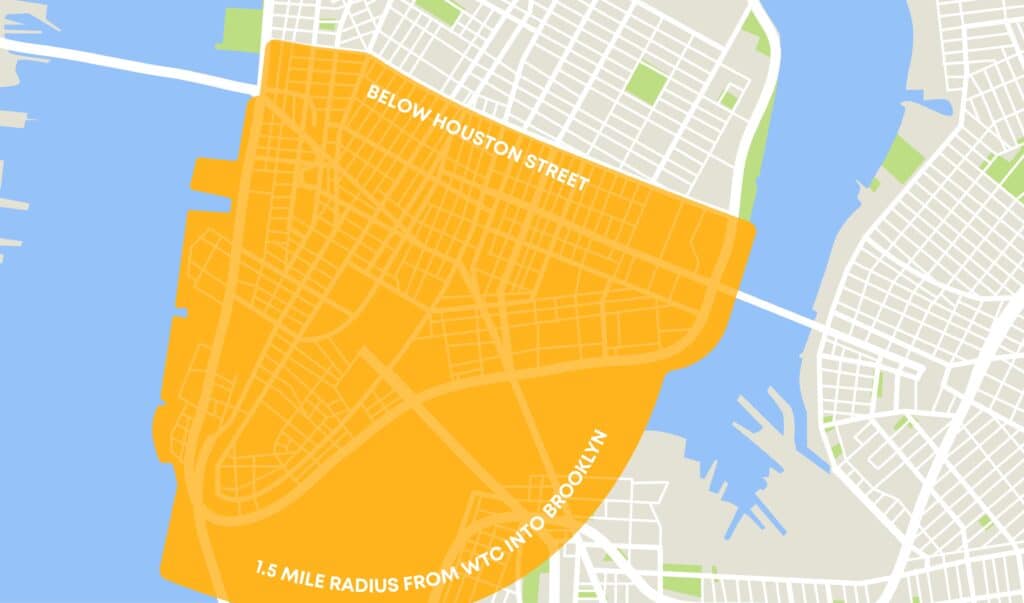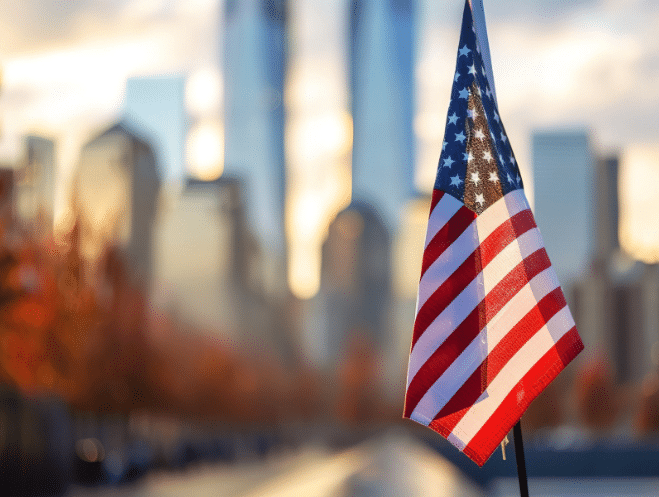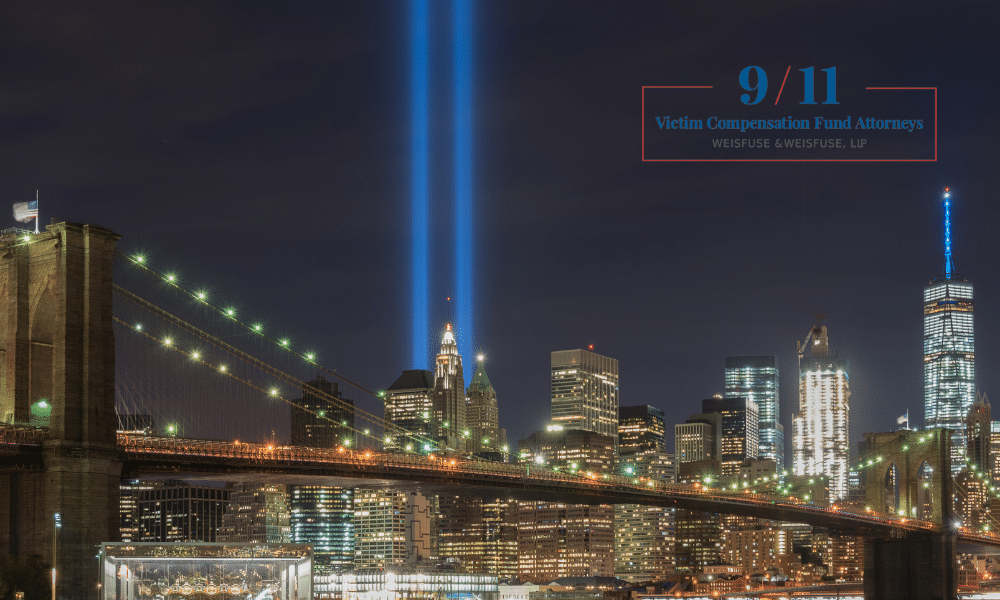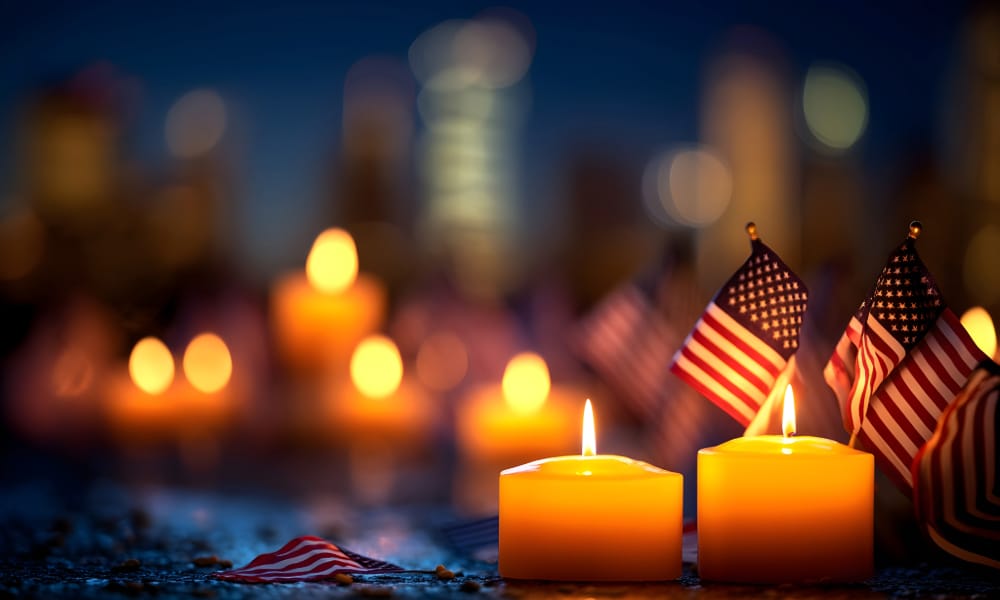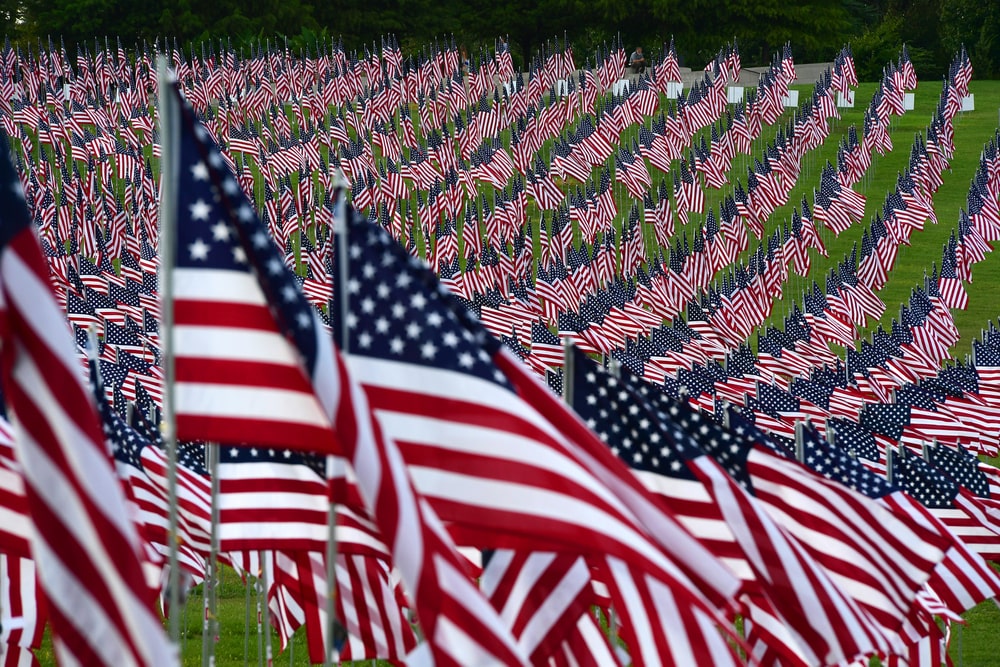
The World Trade Center Health Program (WTCHP) provides responders and survivors of the attacks with free medical monitoring and treatment for their 9/11-related conditions.
However, out-of-pocket expenses are sometimes incurred by victims before their condition is certified and it is not always obvious how to claim these expenses back.
Some survivors are unaware that the September 11th Victim Compensation Fund (VCF) was set up to provide victims of the attacks with compensation for the illnesses and injuries they suffered in the aftermath of the attacks—not just for those who helped in the 9/11 cleanup operation but for anyone in the toxic exposure zone in NYC between the eligible dates.
To claim 9/11 VCF out-of-pocket medical expenses, it is important to take the correct steps to avoid denials of compensation or delays.
How do you claim 9/11 out-of-pocket medical expenses with the VCF?
The only way to claim out-of-pocket medical expenses with the VCF is to file an amendment after an award has already been made—and this can only be done if the out-of-pocket expenses amount to $5,000 or more.
There is no upper limit for a claim for out-of-pocket expenses—and no time limit for claiming except the October 1, 2090 limit for all VCF claims—but it cannot be filed with an initial claim submission. Processing such claims takes considerable time and the VCF is already working under significant time pressures with claims.
Survivors need to register with the WTC (World Trade Center) Health Program and the VCF as soon as possible—even if there is no diagnosis for a 9/11-related health condition but they were in the exposure zone between the eligible dates. Otherwise, survivors may incur out-of-pocket expenses that cannot be reimbursed by the VCF.
Summary of eligibility criteria
Timing: Expenses must have been incurred before the WTC Health Program certified the condition(s) and will only be paid after an applicant has received an initial award from the VCF (via an amendment).
Verification: All claimed medical expenses must be related to an eligible condition and personally paid out of pocket.
Minimum amount: The total claimed and verified medical expenses must amount to at least $5,000.
One exception to the rule is made for deceased claims. In these cases, the claim for out-of-pocket medical expenses should be included as part of the initial claim submission as amendments are generally not permitted after substantive review of the compensation claim.
What types of out-of-pocket medical expenses are covered by the VCF?
Before claiming out-of-pocket expenses, it helps to understand the types of expenses that can be claimed with the Victim Compensation Fund. These include:
- Hospital and doctor visit costs
- Testing costs, such as CT scans, MRIs, etc.
- Treatment costs
- Surgical costs
- Prescription and over-the-counter medication costs
- Medical equipment costs, such as wheelchairs, walking aids, etc.
The following types of expenses are generally NOT eligible for reimbursement by the VCF even if a survivor paid these out-of-pocket costs concerning a 9/11-related medical condition:
- Travel fees or expenses
- Gas or mileage costs
- Meals or accommodation (hotel) costs
The VCF will not cover any anticipated or future medical costs either. So, survivors who intend to claim compensation with the VCF should seek assistance from a qualified 9/11 attorney to ensure that nothing is missed in the original VCF claim.
Note too that if Medicaid, Medicare, or any other private insurance facility has already covered the expenses, they cannot be claimed again from the VCF—and this will be verified.
What documentation is required to support VCF out-of-pocket medical expenses claims?
As with any submission to the VCF, an amendment to a claim to include out-of-pocket expenses will require supporting documentation that validates the amounts claimed.
Claimants will need to submit the following additional paperwork:
- The VCF Medical Expense Worksheet
- Medical Expense Supporting Documentation Packet
On the VCF Medical Expense Worksheet, claimants must list and itemize each medical expense. Other required information includes details of one’s primary and secondary medical insurance carrier, the names of the medical providers that provided treatment, the dates of service and a description of the procedure, the amount paid, and proof of payment.
Furthermore, claimants must demonstrate that the out-of-pocket expenses claimed are linked with at least one of the eligible certified conditions that they have been diagnosed with.
The Medical Expense Supporting Documentation Packet should provide supporting evidence for every itemized expense listed on the worksheet. The types of documents that might be included are:
- Billing statements
- Canceled checks
- An explanation of benefits (EOB)
- A prescription history to show the amount paid
- Pharmacy receipts
Claimants must satisfy the VCF claim reviewers that the claimed amounts are genuine by proving each expense or the claim may be denied or delayed.
In some amendment cases, where an eligible condition is not “presumptively compensable” (i.e., no further evidence is required to pay the claim), claimants of out-of-pocket expenses may need to provide medical records to show how the expenses are related to the treatment of the condition.
How to ensure that 9/11 out-of-pocket medical expenses are paid
9/11 victim compensation fund attorneys can assist both survivors and responders who were in the exposure zone around the World Trade Center between September 11th, 2001 and May 30th, 2002 who have since been diagnosed with a 9/11-related health condition.
Even survivors who were not there on the day of the attacks but lived, worked, or studied in the exposure zone during those dates—and are yet to suffer any health condition as a result—can benefit from registering with the programs. This includes office workers, construction workers, and other tradespeople, as well as residents, teachers, students, and others.
If future health problems arise, prior registration can avoid delays in getting treatment, claiming with the VCF, and incurring out-of-pocket expenses.
Survivors and responders who have already registered and claimed from the VCF for a 9/11-related condition can also benefit from a VCF lawyer’s assistance when navigating the complexities of the claims process.
For instance, filing an amendment for claiming out-of-pocket expenses requires proof that all expenses are related to the claimant’s 9/11 health condition, which can be challenging.
To discuss your situation and learn more about how we may be able to help you, please call Weisfuse & Weisfuse, LLP at 212-983-3000 or contact us online to schedule a free consultation.
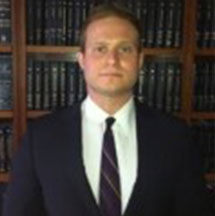
About Jason Weisfuse –
9/11 Victim Compensation Fund Attorney
About Jason Weisfuse –
9/11 Victim Compensation Fund Attorney
Jason E. Weisfuse is a seasoned 9/11 cancer attorney and managing partner at Weisfuse & Weisfuse, LLP, a New York City-based law firm dedicated to representing individuals affected by the September 11th attacks. Since the establishment of the September 11th Victim Compensation Fund (VCF), Jason has been instrumental in assisting first responders, survivors, and families in securing the compensation and medical benefits they deserve.
With a Juris Doctor from New York Law School (2009), Jason brings extensive experience regarding the 9/11 Victim Compensation Fund to his practice. His deep understanding of the VCF and the World Trade Center Health Program (WTCHP) has enabled him to navigate complex claims processes effectively, resulting in substantial awards for his clients.
Jason’s commitment to the victims in the 9/11 community is evident through his active involvement in professional organizations such as the New York State Trial Lawyers Association and the American Association for Justice. He has also contributed to legal discourse with publications in the New York Law Journal, reflecting his dedication to legal excellence and advocacy.
At Weisfuse & Weisfuse, LLP, Jason continues to provide compassionate and knowledgeable representation, ensuring that those affected by 9/11 receive the support and compensation they are entitled to.


